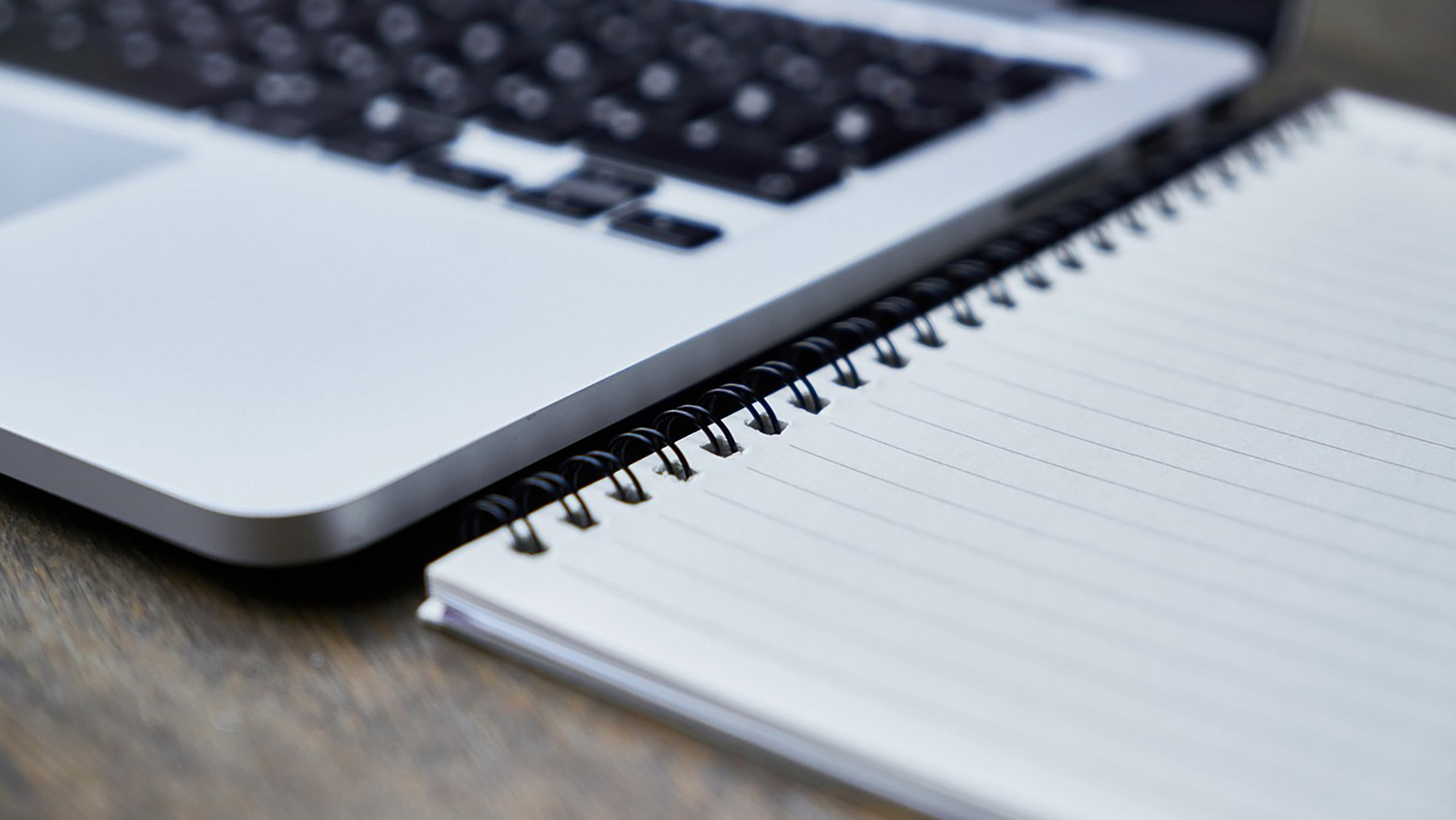Typing or Writing by hand? Tips from writing consultant Dagmar Knorr
2020-03-09 In meetings, in lectures, at conferences: Do you prefer writing by hand or typing? Most people write faster with a ballpoint pen than they can type. But isn't it easier to use a laptop or tablet? Dr. Dagmar Knorr, director of the Leuphana Writing Center, advises not to lose sight of the goal: It is crucial to create a transcript that will be helpful later on.
Whoever switches on a lamp does nothing else. Some activities are simple. Taking notes isn’t. "Taking notes is a highly complex cognitive action," says Knorr. You are faced with different tasks: Concentrating, absorbing content, understanding, already filtering what is to be written down and finally writing itself. "People have only limited cognitive capacity and are faced with the choice of what to spend it on". Which mechanics cost the least effort? There is, unfortunately, no generally valid answer, because it depends on how well one masters the respective technique individually. If cognitive capacities are used by the writing mechanism ("Where was the 'ü' again?", "This pen is empty again, great.") they are not available afterwards to concentrate on the content. "Successful selection, filtering and coupling with existing knowledge is a challenge in itself," explains Knorr - that this process is a challenge is completely normal. In addition, it is not only the individual competence that differs with the writing medium: Sometimes people also instinctively decide against the medium with which they can demonstrably write faster - for example because typing on laptops and tablets correlates negatively with simultaneous processing.
The question of "typing or writing by hand" can therefore not be clearly decided. Knorr therefore advises a relaxed approach to writing media. More important, she says, is the preparation and post-processing of transcripts. Only those who follow up their notes promptly after the lecture have a chance of reactivating traces of memory. The point in time when information is stored is often different from the point in time when it is used.
"A helpful tool that can be understood as a compromise," she adds, "is a tablet with an electronic pen. The graphical interface on tablets is closer to that of writing by hand, and you can add symbols, graphs or lines faster than on a laptop. Moreover, you still have a digital file, which makes electronic processing possible".

